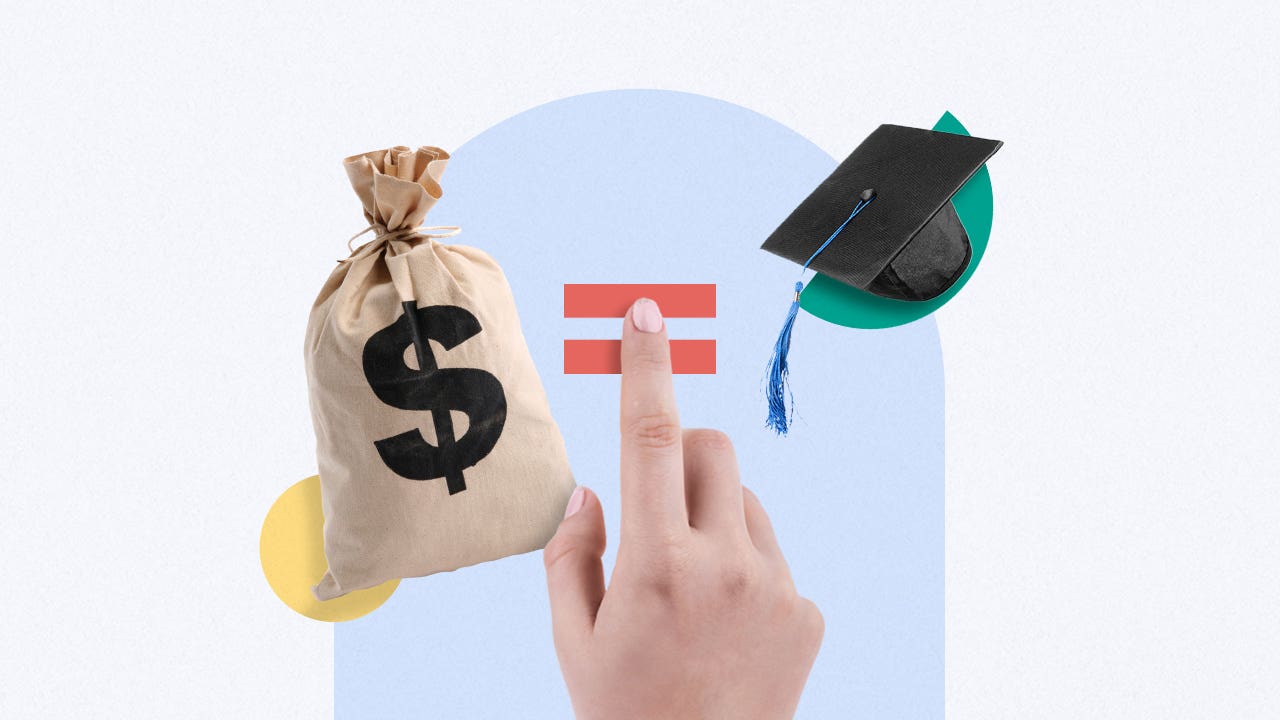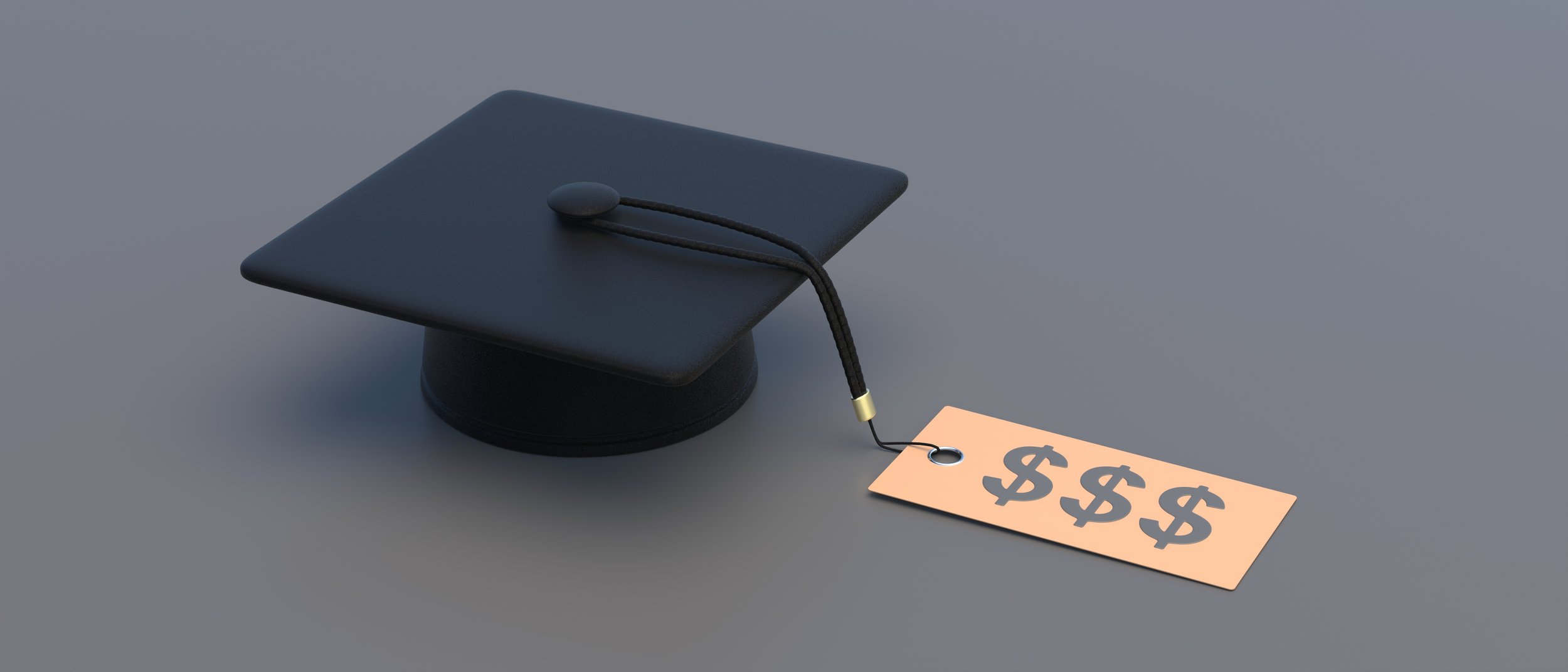Pre Approval Student Loans: What You Need to Know Prior To Applying
Understanding the Effect of Rate Of Interest on Home Loans for First-Time Buyers
Navigating the labyrinth of home mortgage can be discouraging for new customers, particularly when interest prices play a critical function in shaping their monetary journey. The choice in between set and adjustable-rate home mortgages lugs significant consequences, impacting month-to-month spending plans and lasting economic security. As rates of interest rise and fall with financial shifts, recognizing their determination ends up being necessary. But what strategies can these customers utilize to secure the most favorable terms? And just how do these decisions align with personal financial goals and risk resistance? Discover these questions to encourage your course to homeownership with self-confidence and insight.
How Rate Of Interest Are Determined
When the main financial institution increases this rate, borrowing becomes much more costly, usually leading to raised home funding passion prices. Conversely, lowering the government funds rate can make loaning less costly, possibly minimizing home loan rates.
Another influential variable is rising cost of living. Greater inflation usually causes higher rate of interest as lenders require more go back to balance out the decreasing buying power of future settlements. Financial development likewise plays a vital duty; in periods of robust economic performance, demand for credit history boosts, which can increase rates of interest.
Additionally, the bond market substantially impacts home loan rates. Long-lasting passion prices, consisting of those for mortgage, are closely tied to returns on federal government bonds. As bond yields increase, so do home loan rates, reflecting the increased cost of long-term loaning.

Types of Rate Of Interest
Recognizing the various types of rate of interest prices is integral to comprehending exactly how home loans work. A set passion price remains constant throughout the term of the funding.
In comparison, a variable interest rate, likewise called a flexible price, rises and fall over time, usually in feedback to changes in a specified benchmark or index. These rates typically begin reduced than dealt with prices, which can be attractive to newbie customers. They require the danger of enhancing over time, potentially resulting in higher overall costs if market rates rise. pre approval student loans.
Additionally, some lenders supply hybrid interest prices, integrating elements of both fixed and variable prices. An initial duration with a fixed rate could be adhered to by a variable price. Comprehending these distinctions is essential for borrowers to make enlightened choices that line up with their financial scenarios and take the chance of resistance, as each type offers prospective drawbacks and one-of-a-kind advantages.

Effect on Monthly Repayments
Month-to-month repayments on home loans are directly affected by the kind of passion price picked, which can dramatically influence a debtor's monetary preparation. Fixed-rate mortgages use security, as the rate of interest rate continues to be unmodified over the finance's term, making certain that month-to-month payments continue to be continuous.
Fixed-rate financings safeguard versus market volatility, providing tranquility of mind but commonly at a greater initial price contrasted to ARMs. On the other hand, ARMs could suit purchasers anticipating revenue growth or those preparing to market before the price modification happens, permitting them to capitalize on lower repayments.
Lasting Financial Implications
The option of rate of interest rate type for a home loan expands past instant monthly payments, lugging considerable long-lasting financial effects. A fixed-rate home mortgage, for example, offers security by securing in interest prices for the period of the funding term, safeguarding customers from future rate rises.
On the other hand, an adjustable-rate mortgage (ARM) typically begins with a lower rate of interest, which can result in reduced preliminary payments. Gradually, however, the price can vary based upon market conditions, potentially causing higher settlements. This variability presents an element of unpredictability, which could influence financial security if rates boost considerably.

Approaches for Taking Care Of Prices
Browsing site here rates of interest go to website on home mortgage needs strategic preparation to maximize monetary outcomes. First-time buyers must think about securing passion prices when they agree with, as this can shield them from possible price hikes prior to their finance closing. Rate locks typically last in between 30 to 60 days and offer a measure of assurance in an usually unstable market. Additionally, customers might discover discount rate factors, which include paying an upfront charge to secure a reduced rates of interest. This can result in significant cost savings over the loan's life expectancy, particularly if the purchaser plans to remain in the home lasting.
Another technique includes picking the best financing type. Fixed-rate mortgages provide security, shielding customers from future rate boosts, while variable-rate mortgages (ARMs) might provide lower preliminary prices with the risk of future changes. Purchasers should carefully assess their economic scenario and threat tolerance when selecting between these options (pre approval student loans).
Finally, maintaining a solid credit rating profile is crucial. A higher credit rating can dramatically boost arrangement power for a lot more desirable rates of interest. Frequently reviewing credit score reports, dealing with errors, and decreasing arrearage can enhance overall credit reliability, consequently placing customers to safeguard one of the most advantageous prices offered.
Conclusion
A detailed understanding of rate of interest prices on home lendings is necessary for newbie customers to make educated decisions. Fixed-rate mortgages supply security with predictable repayments, protecting versus future price rises, while adjustable-rate mortgages present first financial savings with prospective future cost volatility. Reviewing the influence on month-to-month repayments and long-lasting economic health and wellness enables customers to straighten selections with monetary goals and see post take the chance of tolerance. Strategic management of rates of interest can substantially influence homeownership success and economic wellness.
When the central bank raises this rate, obtaining ends up being more pricey, frequently leading to increased home lending interest prices.In comparison, a variable passion price, also known as an adjustable price, fluctuates over time, typically in reaction to adjustments in a defined criteria or index.In addition, some loan providers supply hybrid rate of interest rates, integrating components of both repaired and variable prices - pre approval student loans. A fixed-rate home loan, for example, provides stability by securing in interest prices for the period of the financing term, securing borrowers from future rate rises. Novice homebuyers ought to consider securing in passion rates when they are beneficial, as this can shield them from possible price walks before their loan closing